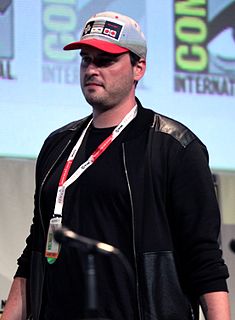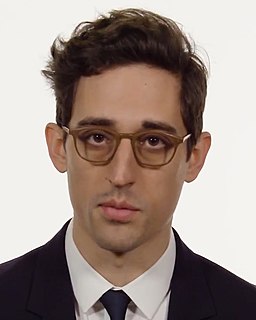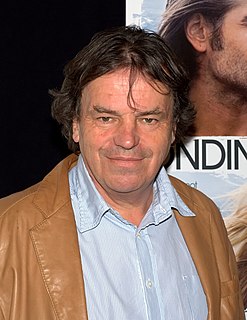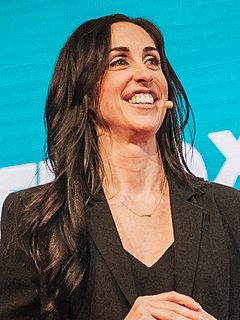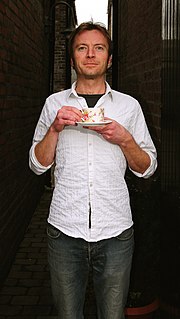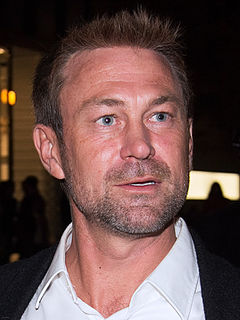A Quote by D. J. MacHale
Storytelling is storytelling. Good stories need compelling characters and interesting conflicts. That's the bottom line no matter what medium you're writing for.
Related Quotes
I think television has become such an interesting place for characters and for incredible storytelling. Half of what I watch are television shows that I've become obsessed with. I just think that it's opened up so much, to be such an interesting and creative medium, and so many wonderful directors and actors are moving to television because it is a great medium for telling stories and for creating a character over a long period of time.
I think the reason the stories are briskly paced, when they are, is that I like story. I like stories where things happen and there are surprises and reversals, in addition to vivid characters and a memorable voice. So those are the kinds of stories I try to write. And it turns out that's pretty much the only kind of writing that works for TV. It's a medium that just devours story, demands surprises and reversals. So my sensibility is suited to TV storytelling, at least as we think of it today.
The storytelling mind is allergic to uncertainty, randomness, and coincidence. It is addicted to meaning. If the storytelling mind cannot find meaningful patterns in the world, it will try to impose them. In short, the storytelling mind is a factory that churns out true stories when it can, but will manufacture lies when it can’t.
Television is what we call the long form of storytelling, where we tell stories over thirteen, twenty-two, or twenty-four hours. Miniseries is an eight-hour form of storytelling, and film is a two-hour form. Each and every one of them are important to me, because they're a different modality of storytelling.

